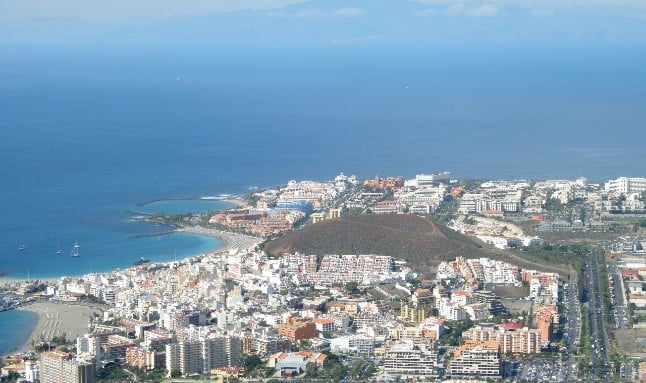When I moved to Europe a decade ago, I was shocked to learn about the bank holidays in Britain. “What are you celebrating?” I asked my colleagues in the London office as they headed into their three-day weekend.
“Nothing,” they said. “It’s a bank holiday.”
“Come on, why’d they pick today as a holiday? What’s the day based on?” I would press.
“Nothing, mate. It’s a bank holiday.”
Nothing? To my Protestant American mind, this seemed improbable if not impossible. Memorial Day was about the soldiers, Labor Day about the workers (because capitalist American didn’t want to celebrate May Day with the commies) and Christmas about mass consumption. An entire country, it seemed to me, didn’t just call a holiday for no other reason than to take a day off. To someone with an American work ethic it almost seemed criminal.
Germany Unity Day – “celebrated” every October 3 – goes one step further than bank holidays, though it requires the type of conceptual hijinks only a Teutonic brain can conjure.
Rather than a two-dimensional national day of rest and pride, they’ve crafted an intellectual construct that makes it a one-dimensional reason not to head to the office. The thinking goes like this: you can’t celebrate the end of something you caused yourself.
Had Adolf and his gang not tried to take over the world (or – depending on which German happens to be in the room and how far back they trace the causality – Kaiser Wilhelm II not kicked off World War I), Germany would never have been divided. For many Germans, a divided country was just desserts to a nation gone awry.
Nationalism here admittedly hasn’t had a great track record, but now it means patriotism of any form is often pooh-poohed. So, since many Germans feel the inspiration for Unity Day is false, they don’t celebrate it. In fact, they don’t even think about it. They just don’t go to work. Maybe it’s the anti-holiday. A day off without any spiritual pressure. Heck, even throughout Britain people raise a pint to the current head of the Bank of England to thank him for the day off.
“On Unity Day, you sleep in and maybe go to brunch,” a friend of mine said last weekend. You’d think she’d have at least a little reason to celebrate – had the Wall never fallen she might never have made it out of Frankfurt an der Oder and certainly would never have met the Mosel valley winemaker who’s now her partner and the father of her child.
The Berlin Wall fell after a peaceful revolution by the East German people – that might be something to commemorate, as well as an opportunity for the Wessis to at least once admit the Ossis did something right. Sure, economic pressures precipitated the protests, but the weekly demonstrations across East Germany were undoubtedly a sign of true civil courage.
It’s a bit of a shame, really.
In the United States, we celebrate our independence with barbecues, canned beer and fireworks. The French cling to Cold War traditions on Bastille Day and pilot tanks down the Champs-Élysées. The Brits? Well, they have Guy Fawkes and the Queen’s birthday, don’t they?
My German friend suggested a celebration with the true face of modern Germany: the collection of peacenik young men (from both sides of the previous border) who refuse to do their compulsory military service. Instead, they spend nine months playing ping pong and lounging about in whatever social institution will have them: hostels, youth centres, nursing homes and daycare facilities.
They could march down Berlin’s main boulevard through the Tiergarten towards the Brandenburg Gate in their ill-fitting jeans and fauxhawks waving their ping pong paddles to commemorate a nation that has gone post-patriotic. Its supreme unpretension would rival the grand pomp of the French Bastille Day parade!
Or maybe not.
Of course, I’ve always liked the German Unity Day holiday simply because I’m a fan of paid days off. This year I’m going to London. “Yeah,” I told my friend as I announced my visit, “It’s a bank holiday.”
Since a good German Stammtisch is a place where pub regulars come to talk over the issues of the day, Portnoy welcomes a lively conversation in our Discuss section.



 Please whitelist us to continue reading.
Please whitelist us to continue reading.